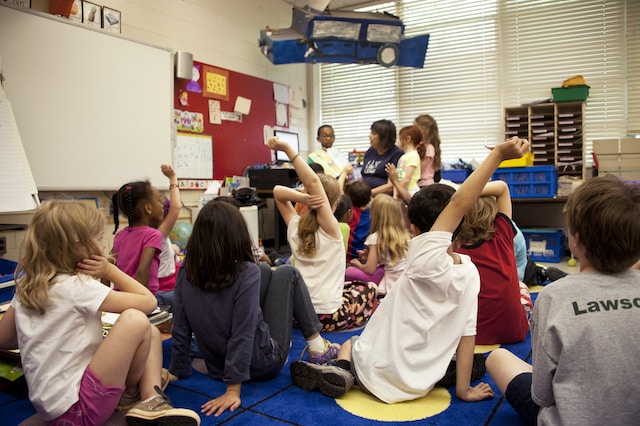Introduction: Florida’s recent decision to reject social studies textbooks has sparked a wave of controversy and prompted significant revisions in educational materials. This article examines the motivations behind Florida’s rejection, the resulting revisions, and the implications for students and educators. The debate surrounding these changes highlights the challenges of striking a balance between presenting
Introduction:
Florida’s recent decision to reject social studies textbooks has sparked a wave of controversy and prompted significant revisions in educational materials. This article examines the motivations behind Florida’s rejection, the resulting revisions, and the implications for students and educators. The debate surrounding these changes highlights the challenges of striking a balance between presenting accurate historical narratives and addressing diverse perspectives.
1. A Critical Evaluation: The Reasons for Florida’s Rejection
Florida’s rejection of social studies textbooks stems from a rigorous evaluation process aimed at ensuring educational materials meet high standards of accuracy and inclusivity. Concerns over biased narratives, inadequate coverage of important events, and the need to represent diverse perspectives have led to the decision to reject certain textbooks. Florida’s intent is to provide students with a comprehensive and unbiased understanding of history.
2. Revamping the Curriculum: Significant Revisions in Educational Materials
The rejection of social studies textbooks in Florida has prompted a major overhaul of the curriculum. Educators, experts, and stakeholders are working collaboratively to revise existing materials and develop new resources that address the shortcomings identified during the evaluation process. This revision process aims to present a more balanced and inclusive portrayal of historical events, ensuring students receive a well-rounded education.
3. The Battle of Perspectives: Debating the Changes
Florida’s decision has ignited a passionate debate among educators, parents, and policymakers. Critics argue that the rejection and subsequent revisions may result in the suppression of certain narratives, while others contend that the changes are necessary to rectify historical inaccuracies and promote a more inclusive curriculum. The differing perspectives demonstrate the complexity of navigating historical narratives in an educational context.
4. Impacts on Students and Educators: Adapting to the Changes
The rejection of social studies textbooks and subsequent revisions have profound implications for both students and educators. Students will encounter a curriculum that reflects a more comprehensive understanding of history, incorporating a wider range of perspectives and more accurate information. Educators will need to adapt their teaching approaches, familiarize themselves with the revised materials, and ensure they provide students with the knowledge and critical thinking skills necessary to navigate complex historical narratives.
5. A Broader Discussion: Florida’s Influence on Education Policy
Florida’s rejection of social studies textbooks and the resulting revisions have generated national attention and influenced the conversation around educational policies. Other states are closely observing these developments as they grapple with similar challenges in their own curricula. The outcome of Florida’s efforts will not only impact its students but also shape the future of education policies across the country.
Conclusion:
Florida’s rejection of social studies textbooks and the subsequent revisions represent an ongoing effort to enhance the quality and inclusivity of educational materials. While the changes have been met with controversy, they highlight the importance of critically evaluating and updating curriculum resources to provide students with a comprehensive and accurate understanding of history. Florida’s journey in navigating these changes will serve as a precedent for other states as they strive to create well-rounded and inclusive educational experiences for their students.

















Leave a Comment
Your email address will not be published. Required fields are marked with *